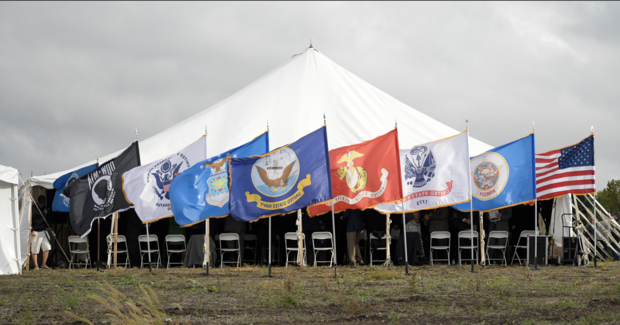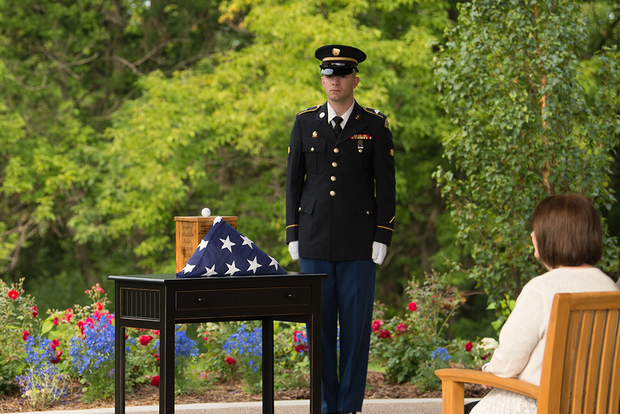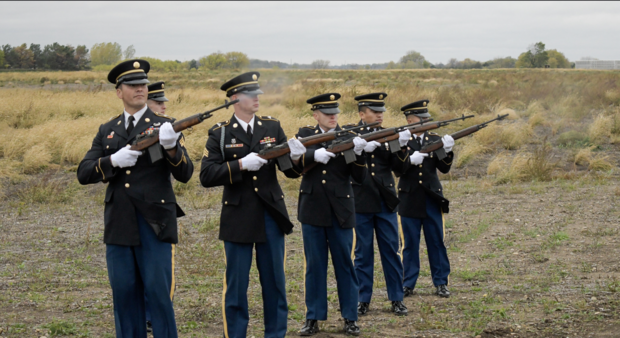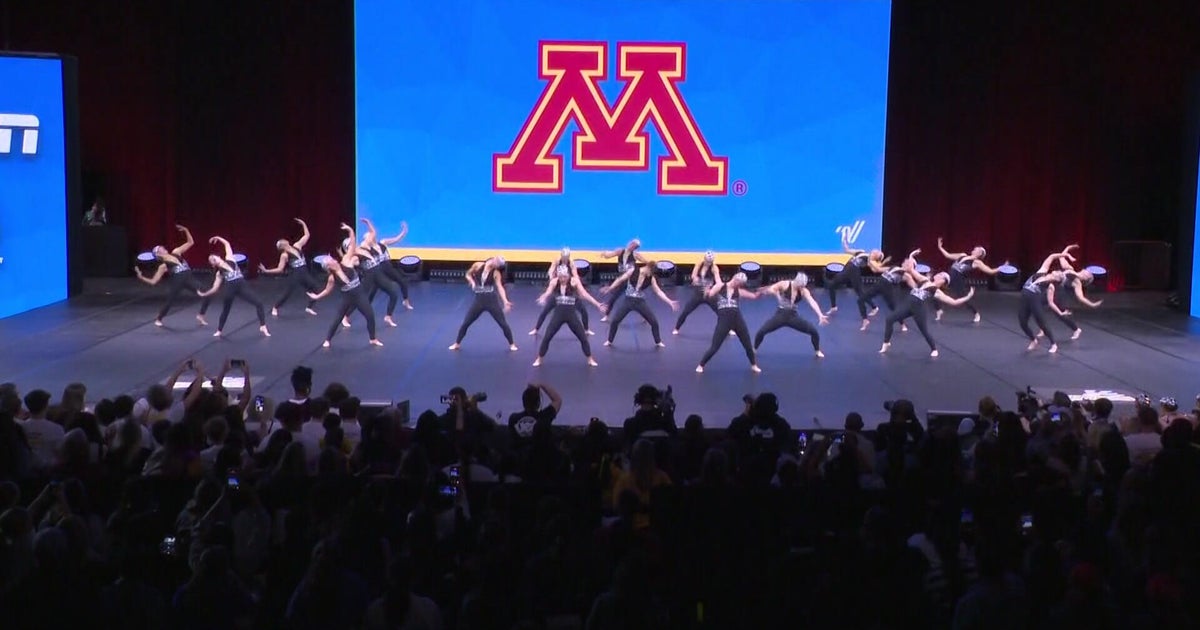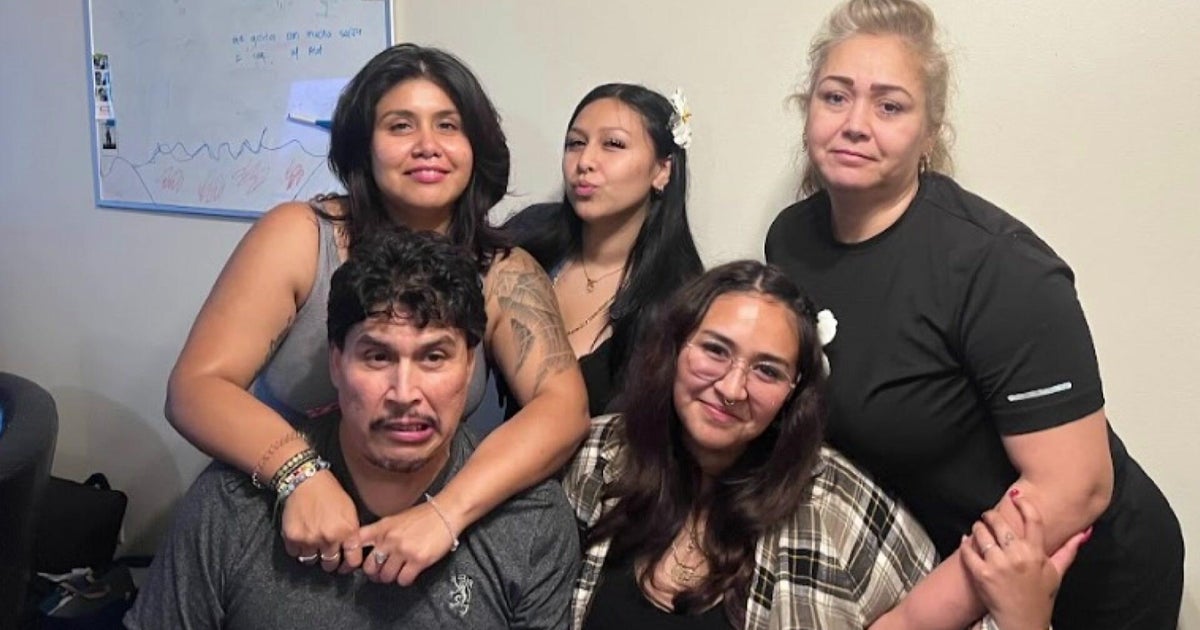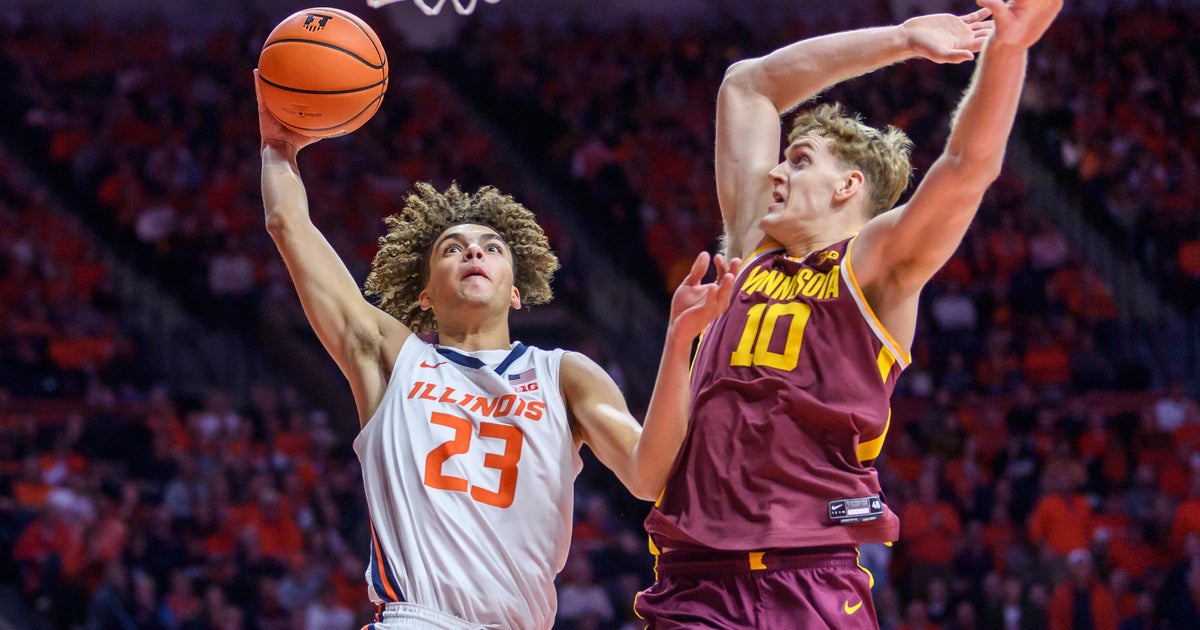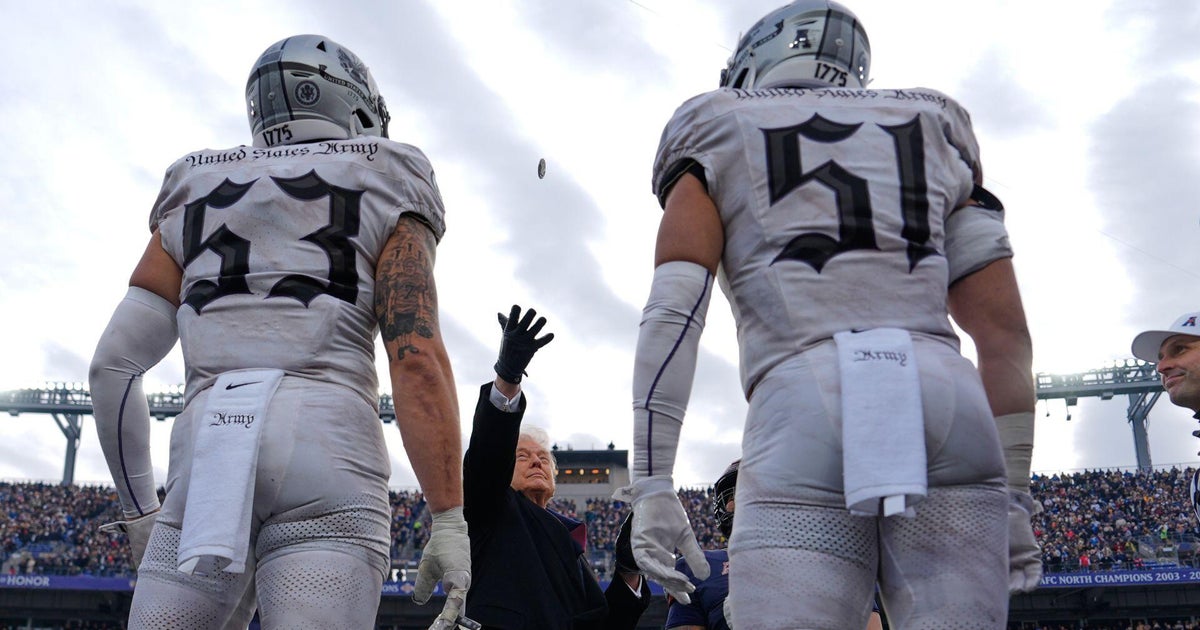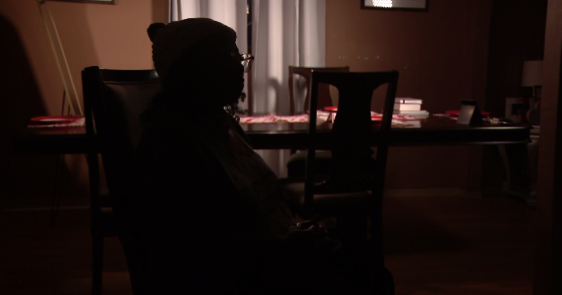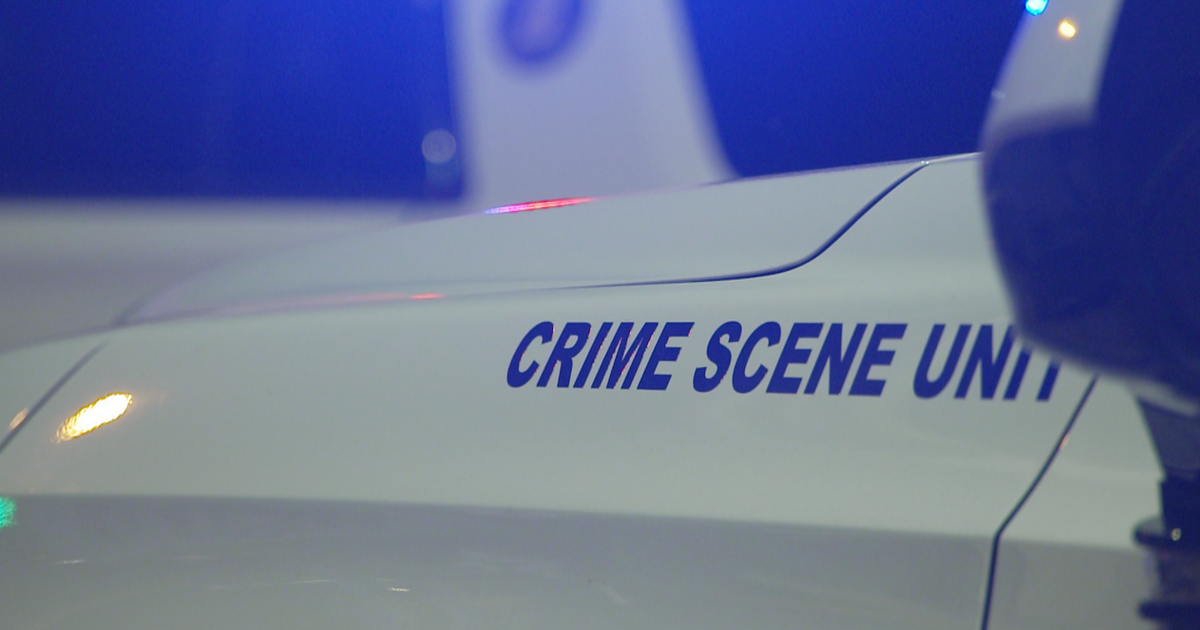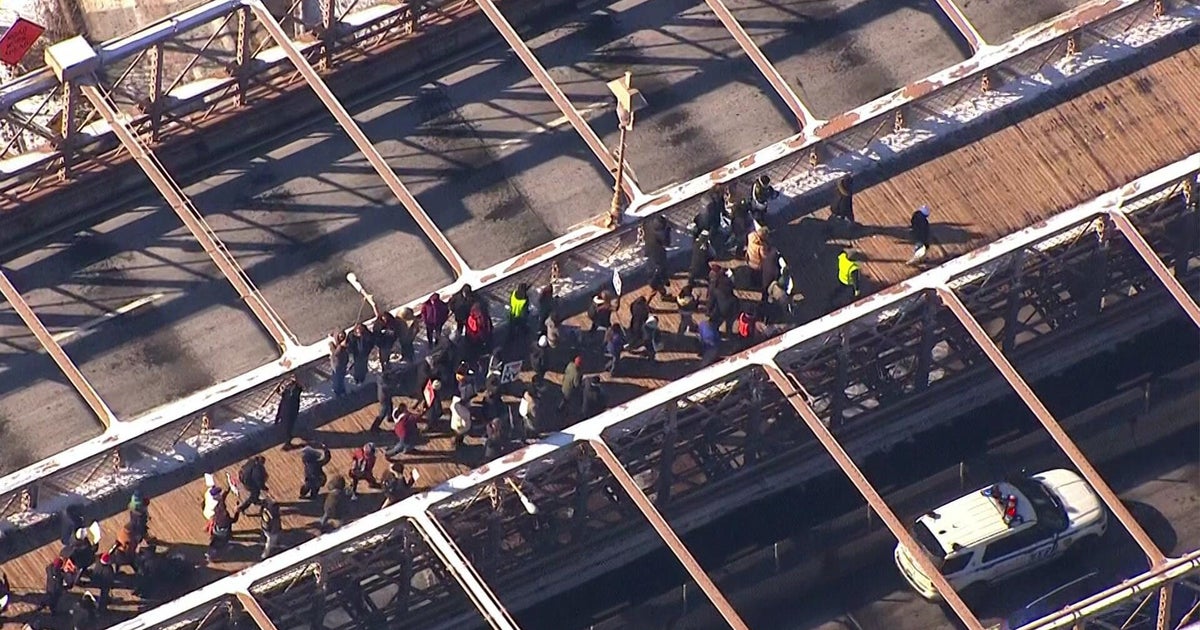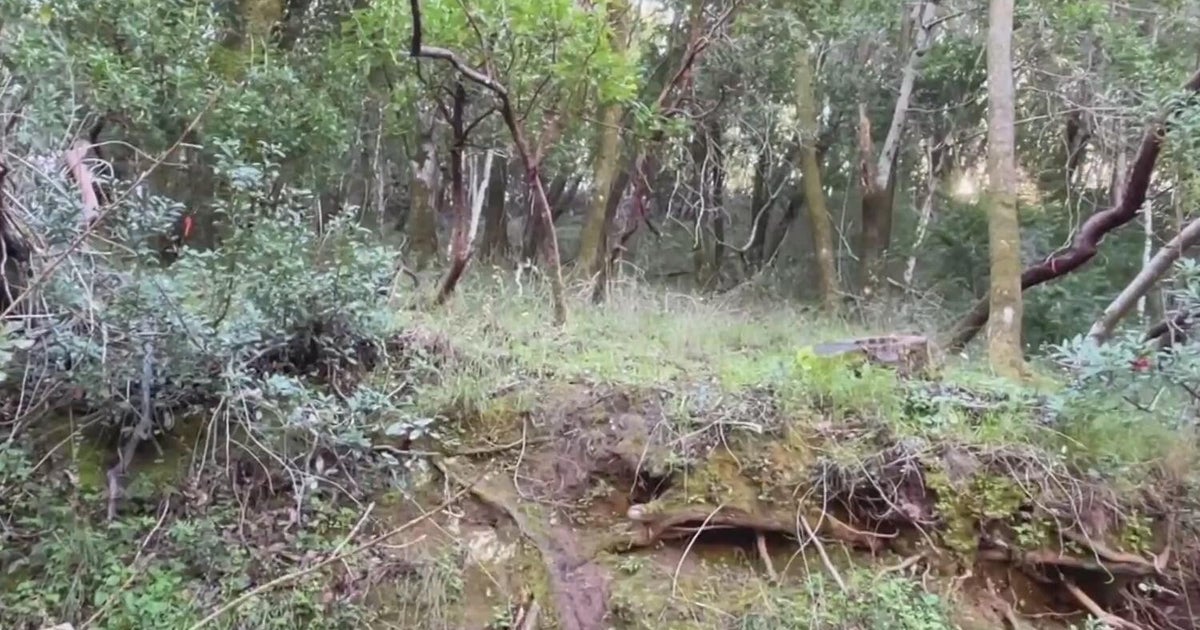A veteran donated land to build a military cemetery – and his brother became the first veteran to be buried there
Growing up, Robert LeSage and his two older brothers, Richard and David, idolized their father. Arthur LeSage, a WWII paratrooper, was held as a prisoner of war in Germany until he escaped into Poland.
"A Polish family hid him for about a year," said LeSage, until their father was able to return home to the United States. Although their father didn't speak often about his years in the military, he instilled in his boys the importance of service.
All three entered the U.S. military around the late 1960s: Robert and David in the Navy and Richard in the Army.
"We felt an obligation to serve the country, so we just did that," said LeSage, now 73. After their service, the brothers returned home to Redwood Falls, Minnesota.
When Richard was diagnosed with pancreatic cancer in 2020, LeSage knew he wanted to bury his brother, a "super special human being," in a veteran cemetery to honor their family legacy. He also knew his brother would want to be interred close to their rural home, where Richard raised his family, ran a restaurant and lived most of his adult life.
The LeSage family knew the perfect spot – a new state veterans cemetery opening in their hometown. After more than a decade of advocacy by community leaders and by the Minnesota Department of Veterans Affairs, the 81-acre site was scheduled to open in August 2023. LeSage had donated 14 acres of farmland to open the new cemetery, one of four state veteran cemeteries in Minnesota.
State veteran cemeteries are being built in across the nation as the U.S. Department of Veterans Affairs and states collaborate to ensure each soldier can be laid to rest within 75 miles of their home. More than 4 million Americans, including veterans of every U.S. war and conflict, are buried in the VA's more than 150 national cemeteries.
Researchers found there are 18 million veterans living in the United States – a drop of more than 50% since 1980. More than 294,000 veterans live in Minnesota alone – and more than 10,000 are buried in Minnesota cemeteries, said a spokesperson for the Minnesota Department of Veterans Affairs. There are just 100,000 burial spots for veterans in state cemeteries in Minnesota, the spokesperson said.
David Swantek, deputy director of memorial affairs at the Minnesota Department of Veterans Affairs, who was instrumental in bringing the Redwood Falls cemetery to reality, told CBS News in his experience being buried in a veteran cemetery is normally "the only benefit veterans take advantage of."
Federal officials said just 20% of eligible veterans who died last year were buried in veterans cemeteries, reported Military.com
The challenge is making sure every veteran has and knows about the opportunity – and since 1978, a grant program from the Department of Veterans Affairs has offered state, tribal and territory governments money toward that goal: They've given out 480 grants for 122 cemeteries – and helped bury more than 800,000 veterans. In September, Arizona, Arkansas, Nebraska, New York, Louisiana, Texas and Virginia received $51.3 million in grants to establish, expand and improve state veterans cemeteries.
The federal grants can't be used to purchase land, just for construction costs. In Minnesota, around $12-16 million were used to build the Redwood Falls cemetery, said Swantek, which will be able to contain 20,000 burials. Annual costs to run the cemetery run around $1 million, he said.
"Families have a great comfort feeling like they are among other veterans," said Swantek, and "it helps them open up about their military service."
It's free for veterans to be buried in national or state veteran cemeteries. Veterans can be buried with military honors such as a gun salute, the presentation and handover of the American flag, and perpetual care – all at no cost to the family. Spouses or dependents can pay a nominal fee to be buried in a veteran cemetery but benefits such as perpetual care and a gravestone are free.
When LeSage first heard about the possibility of the veteran cemetery coming to Redwood Falls, he was intrigued. His brother had yet to be diagnosed with cancer and he didn't think about the burial, but he thought that veterans – in particular, his father– would want to be buried close to home. Like his brother, LeSage spent his adult life in Redwood Falls, where he ran an accounting business, and he didn't want to leave upon his death.
Many soldiers, like his father, were buried in local or church cemeteries with no special designation.
"I think anybody that served the country wants to be in a special place with other veterans," LeSage said.
Alongside Swantek and other local advocates, he worked to secure land in the rural community to open the cemetery. LeSage sold 63 acres to Redwood County in addition to the 14-acre donation for the future cemetery. Then Richard died in 2020 at 71 years old.
Construction was scheduled to start at the Redwood Falls cemetery in 2021, so LeSage held onto his brother's remains in hopes there would be a spot for his loved one when it opened.
Then the state veteran administrators called LeSage: They wanted his brother to be the first veteran buried in the cemetery, partly in recognition of the donation that brought the project to fruition.
On Aug. 7, 2023, his brother became the first veteran buried in the Red Falls cemetery with LeSage and his family, including his brother's wife and two of his four children, attended the ceremony on a beautiful summer day, exactly three years after his brother's death. LeSage "misses the crap" out his older brother Richard, who was just one year older than him.
But at the ceremony, the family was presented with the folded U.S. flag, and he said, "We got to hold his flag for the very first time. It was beautiful."
